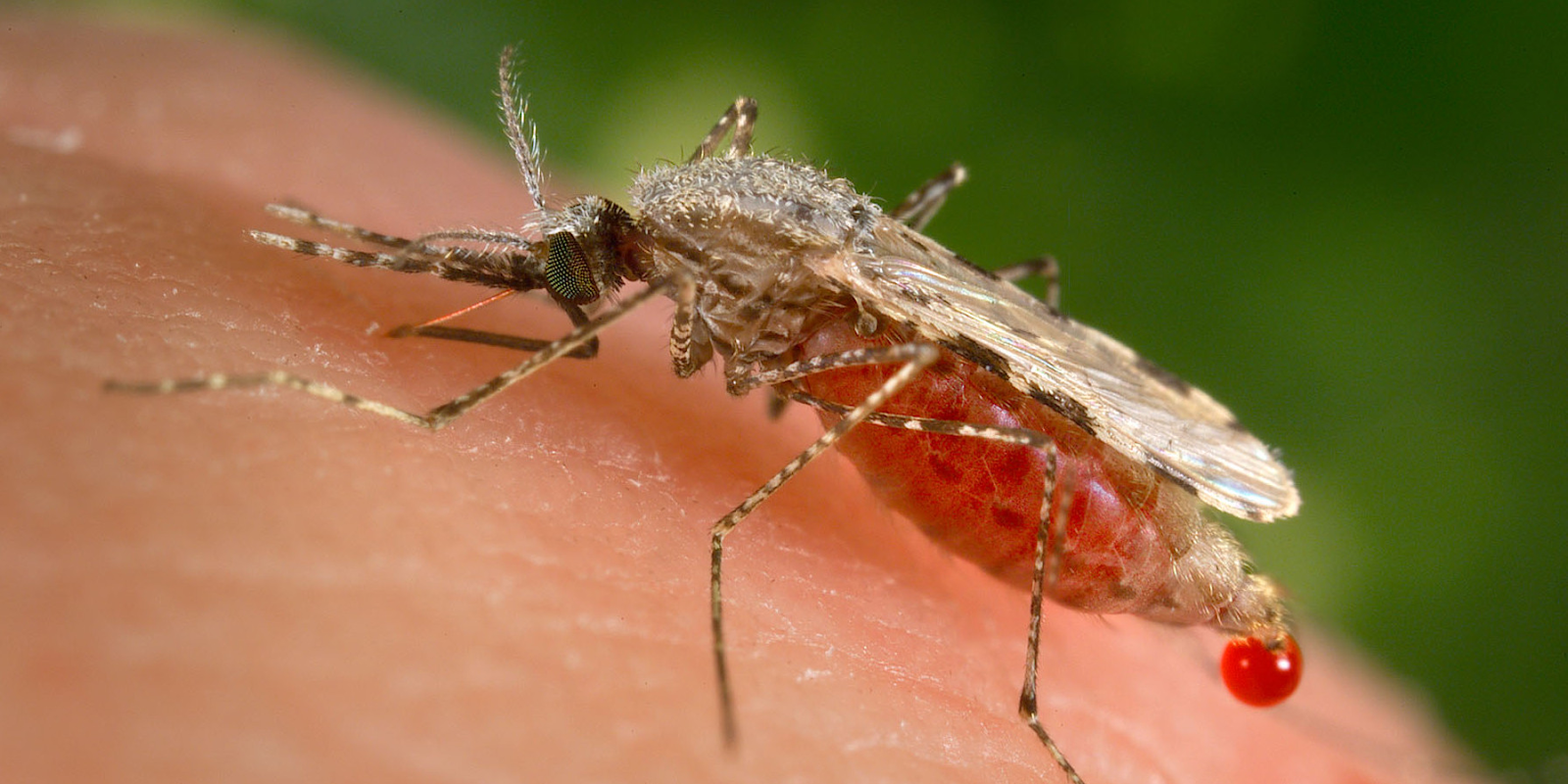MALARIA
Causes:
Malaria is caused by the Plasmodium parasite, which is transmitted to humans through the bite of infected female Anopheles mosquitoes. There are several species of Plasmodium that can cause malaria in humans, with Plasmodium falciparum and Plasmodium vivax being the most common and dangerous.
Transmission:
The transmission occurs when an infected mosquito bites a person and injects the parasite into the bloodstream. Additionally, malaria can also be transmitted through blood transfusions, organ transplants, or from a mother to her unborn child.
Symptoms:
Symptoms of malaria usually appear 10–15 days after the infective mosquito bite. The initial symptoms are flu-like and can include:
- Fever
- Chills
- Sweats
- Headache
- Nausea
- Muscle aches
If not treated promptly, malaria can progress and cause severe complications, including:
Effects:
- Severe anemia due to the destruction of red blood cells
- Cerebral malaria, which can lead to coma, seizures, and neurological damage
- Organ failure, particularly of the kidneys or liver
- Pulmonary edema
- Hypoglycemia
- Death
Prevention:
Preventive measures include:
- Using insecticide-treated bed nets
- Wearing protective clothing that covers the arms and legs
- Using insect repellent
- Taking antimalarial medications when traveling to areas where malaria is prevalent
Treatment:
The treatment for malaria depends on the type of parasite causing the infection, the severity of the disease, and the patient's age and health status. Commonly used antimalarial drugs include:
- Chloroquine
- Artemisinin- based combination therapies (ACTs)
- Quinine
- Mefloquine
Global Impact:
Malaria is a major global health problem, particularly in sub-Saharan Africa. According to the World Health Organization (WHO), in 2019, there were an estimated 229 million cases of malaria worldwide, resulting in approximately 409,000 deaths. Children under the age of 5 are the most vulnerable population group, accounting for more than two-thirds of all malaria deaths.
Efforts to control and eliminate malaria include:
- Vector control through mosquito nets and indoor residual spraying
- Early diagnosis and prompt treatment
- Development of new antimalarial drugs and vaccines
- Public health education and community engagement
Conclusion:
Malaria is a life-threatening disease caused by the Plasmodium parasite, transmitted through the bite of infected mosquitoes. It is a major global health problem, particularly in tropical and subtropical regions. Prevention, early diagnosis, and prompt treatment are crucial in reducing the burden of malaria and preventing complications and death.

Comments
Post a Comment